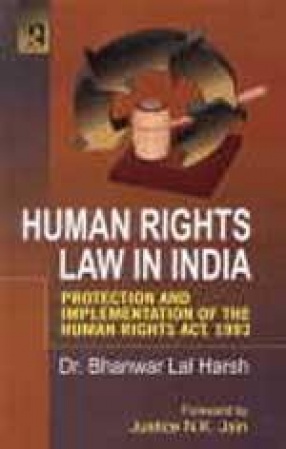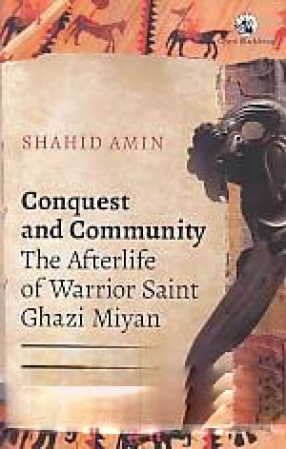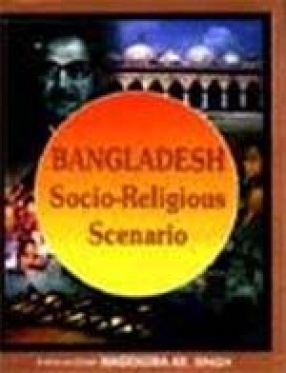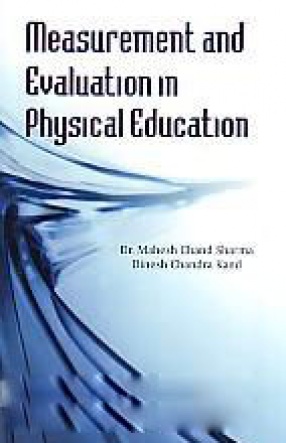Protection and preservation of the rights of the individual and his free access to justice are indispensable constituents of the march of a civilised society. Its emphasis is more in a democratic set-up, based on rule of law where safeguarding human rights and assuring dignity of the individual is the responsibility of the state. Our Constitution has accepted the individual as the focal point of all development which is reflected in various provisions of the Constitution and more particularly in Chapter III containing the charter of Fundamental Rights of Citizens. Since Rights and Duties run parallel to each other and are co-existent, the fundamental duties of the citizens have also been added to the pages of the Constitution, making citizens conscious of their legal rights and corresponding obligations, for a dignified existence. Our Constitution and legal system is greatly influenced by the philosophy of Anglo-Saxon jurisprudence and the parliamentary democracy which we have imbibed, is largely built on the edifice of West-Minster model. So, the constitution does not treat the individual as a coy or cog in the mighty and all powerful machine of the State but the founding fathers of the Constitution have placed the individual at the center stage of the Constitutional Scheme and have focused on the fullest development and his personality. However, all these provisions would be meaningless and ineffectual unless there is rule of law to invest them with life and force. In preceding of the present book an attempt has been made to study the introductory theme and some preliminary issues relating to human rights jurisprudence. The conception and principles of human rights are the hallmark of modern civilised and democratic societies. What is obvious and important in these sense that human rights being the rights of everyone, has assumed great significance at the individual, group, national and international levels. State denials, infringements or blatant violations of human rights occurring in any part of the globe invariably reverberate and alert the rest of the World Community. Unfringed enjoyment of human rights would only remain the protective umbrella of the organised State and effective instruments are created for Redressal of grievances relating to human rights. Human Rights are fundamental to our very existence and they constitute what might be called "sacrosanct rights" from which no derogation can be permitted in the civilized society. These human rights granted under the Constitution and the freedoms which we enjoy under the constitution form the very essence of civilised life as we know it. Knowing how fragile and nascent this freedom is, we have to be constantly vigilant to see that our constitutional structure is not eroded and that we are ever vigilant to protect our freedoms and our basic human rights. The mission of Human Rights is an Eternal Flame which we must keep burning with every means at our command, if we are going to create the kind of social, economic and political structure that was envisaged by our founding fathers.
Conquest and Community: The Afterlife of Warrior Saint Ghazi Miyan
Conquest and Community tells ...
$47.70
$53.00





There are no reviews yet.